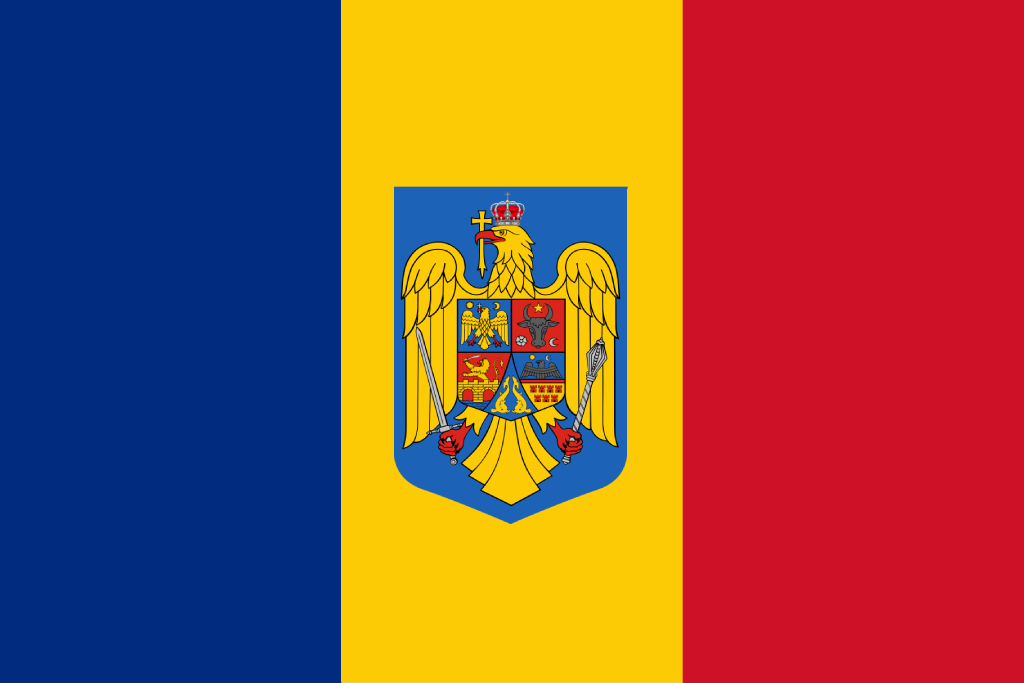
(Rightallegiance.com) – In a dramatic twist, Romania’s presidential election has delivered an unexpected front-runner. With over 99% of the votes tallied, far-right, pro-Russia candidate Calin Georgescu has emerged in the lead with 23% of the vote, outpacing more established political figures. His surprising rise has upended expectations and drawn international attention.
The election results have pushed Georgescu, a controversial ultranationalist, to the forefront. His campaign, largely run through social media—especially TikTok—has captivated a segment of Romanian voters disillusioned by traditional politics. Center-right candidate Elena Lasconi of the Save Romania Union and Social Democrat Prime Minister Marcel Ciolacu, once the favorite, are left trailing. Lasconi currently holds a razor-thin lead over Ciolacu, ahead by just 2,000 votes, positioning her to face Georgescu in the decisive run-off on December 8.
The shock outcome has already prompted significant political fallout. Prime Minister Ciolacu, who had been expected to perform far better, resigned as leader of the Social Democrats on Monday morning, signaling internal upheaval in the party.
Political analysts have been caught off guard by Georgescu’s success. According to Radu Magdin, a prominent commentator, Georgescu’s performance defied earlier polls that had him garnering a mere 5% of the vote.
“Never in our 34 years of democracy have we seen such a surge compared to surveys,” Magdin remarked.
Georgescu’s slogan, “Restore the dignity of the Romanian nation,” appears to have struck a chord with voters frustrated by economic woes and political disillusionment.
Georgescu’s campaign has been polarizing, earning him both staunch support and fierce criticism. Known for his past condemnation of NATO’s missile defense shield in Romania and his praise of the Iron Guard, a fascist movement from World War II, Georgescu has been labeled as too extreme even by some on the far right. In fact, he was expelled from the far-right Alliance for the Union of Romanians (AUR) for his radical views.
However, late on election night, AUR leader George Simion threw his weight behind Georgescu, urging the 1.3 million AUR voters to support him in the run-off. This endorsement could further bolster Georgescu’s momentum as the campaign moves into its final phase.
For millions of Romanians, the run-off poses a difficult choice. Georgescu’s nationalist rhetoric and pro-Russia stance have raised concerns, particularly given Romania’s role as a NATO member and its strategic position in Eastern Europe. Conversely, Lasconi’s progressive platform may struggle to gain traction in rural areas traditionally loyal to the Social Democrats.
The election has also highlighted underlying societal issues. Romania’s economic challenges, including the EU’s highest proportion of citizens at risk of poverty, have dominated the discourse. Additionally, resentment toward Ukrainian refugees, fueled by the perception of government favoritism, has shaped voter sentiments.
Although the Romanian presidency is largely ceremonial, the office wields significant influence over foreign policy, making the stakes in this election high. Georgescu’s pro-Russian inclinations and critique of NATO have alarmed Western observers, while his success has been celebrated by Russian media.
With a turnout of 51%—similar to the previous election—Romanians have shown that they remain engaged, even as political divisions deepen.
As December 8 approaches, the nation braces for a high-stakes run-off that will shape the country’s trajectory, both domestically and on the global stage.